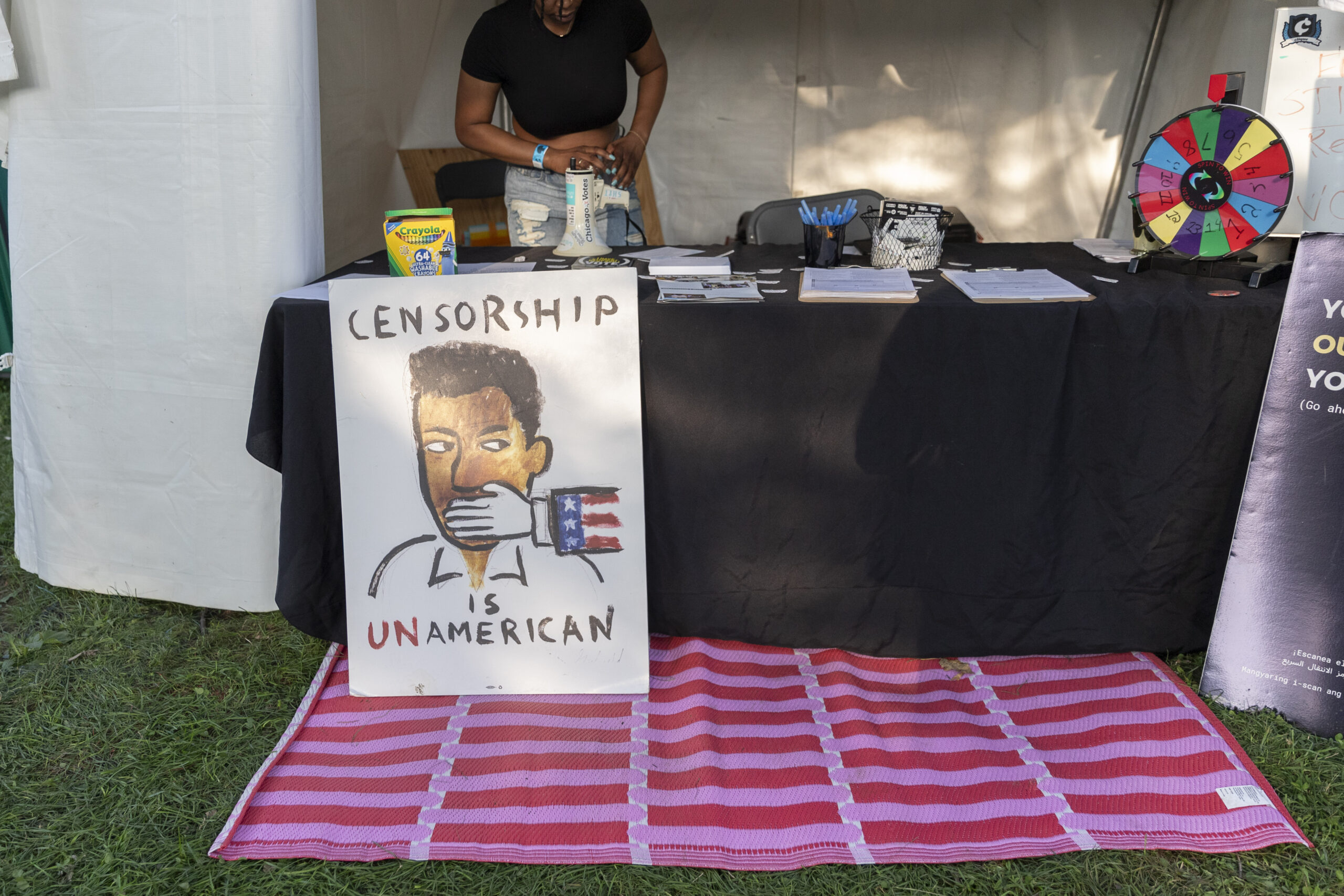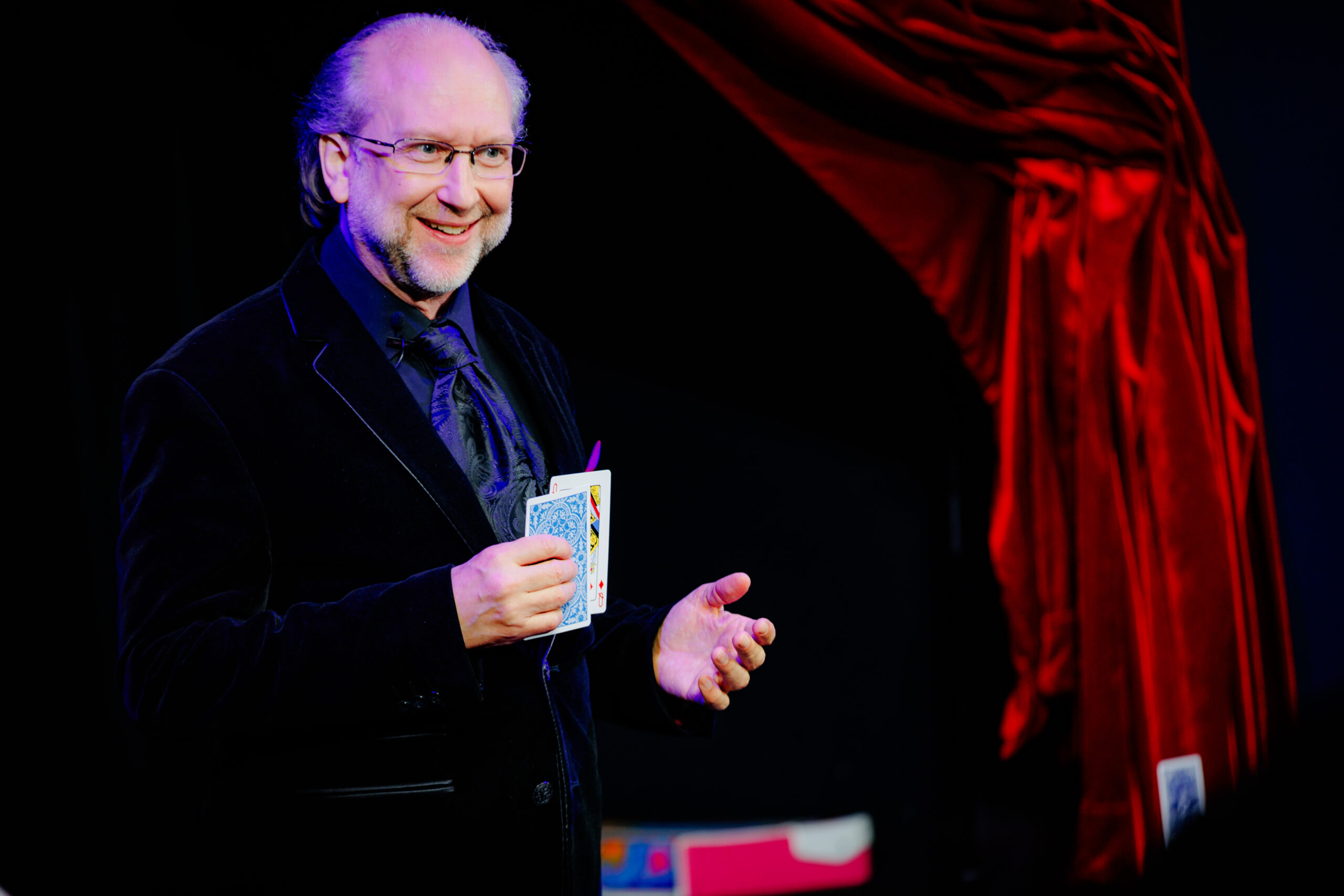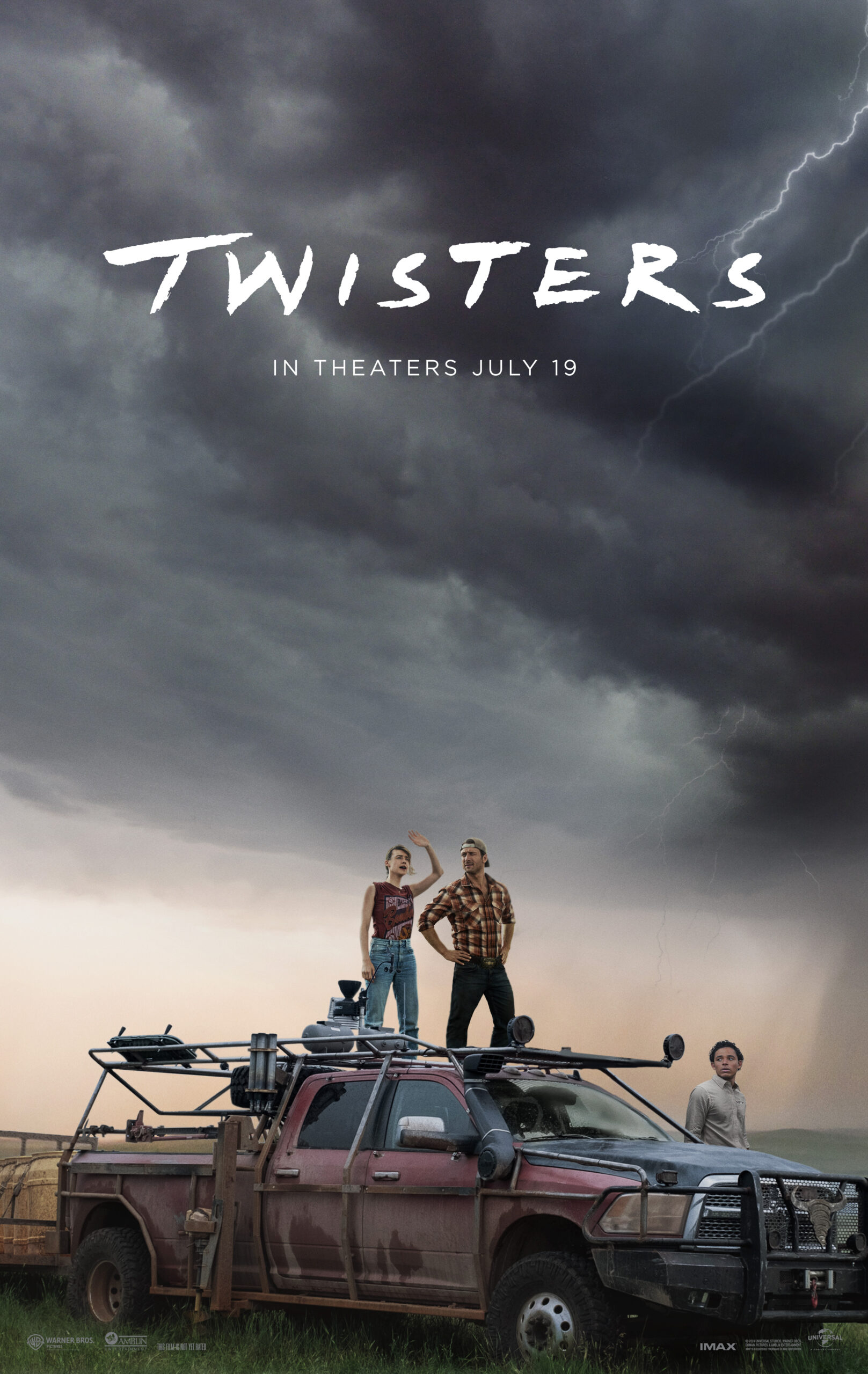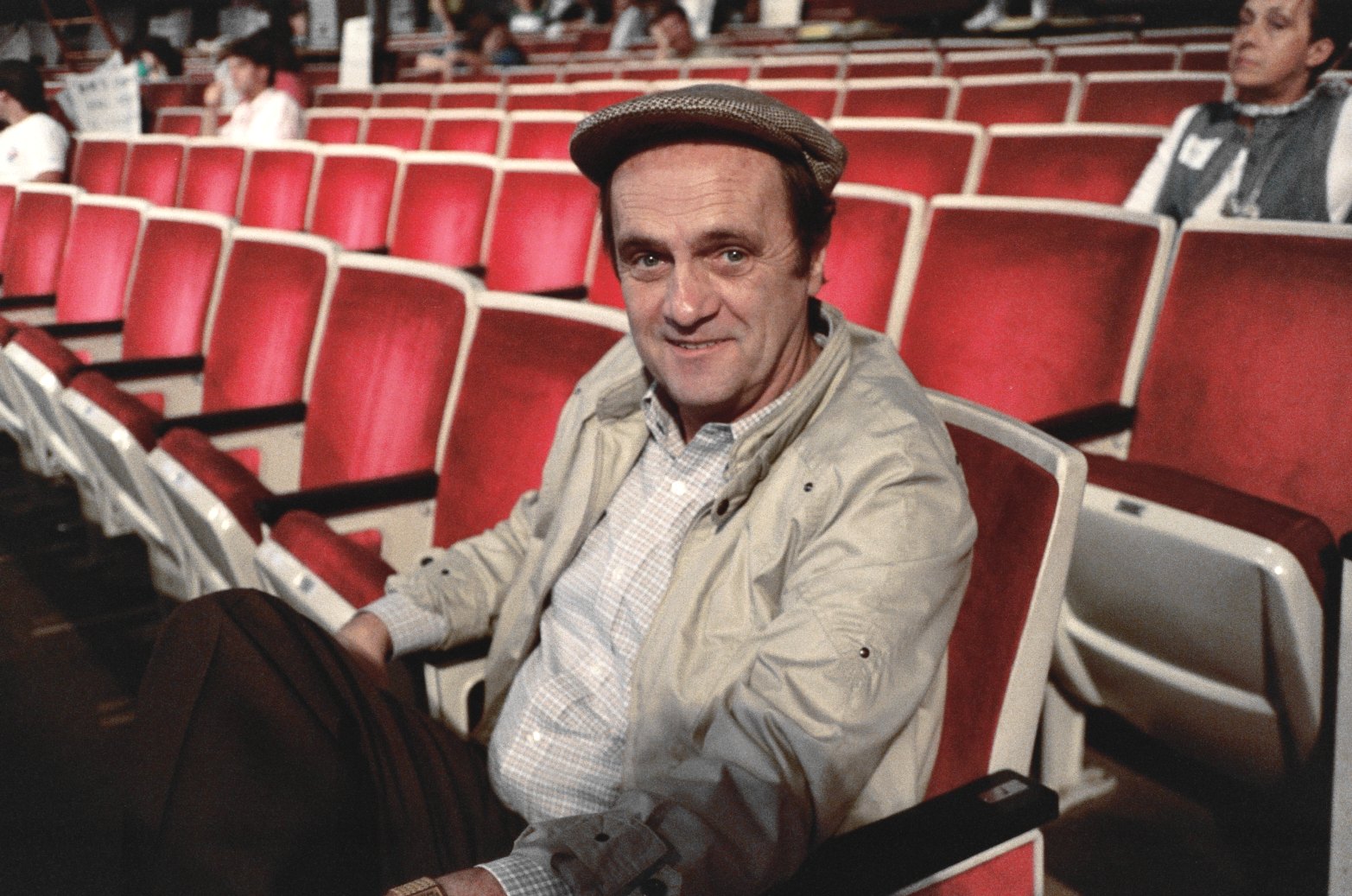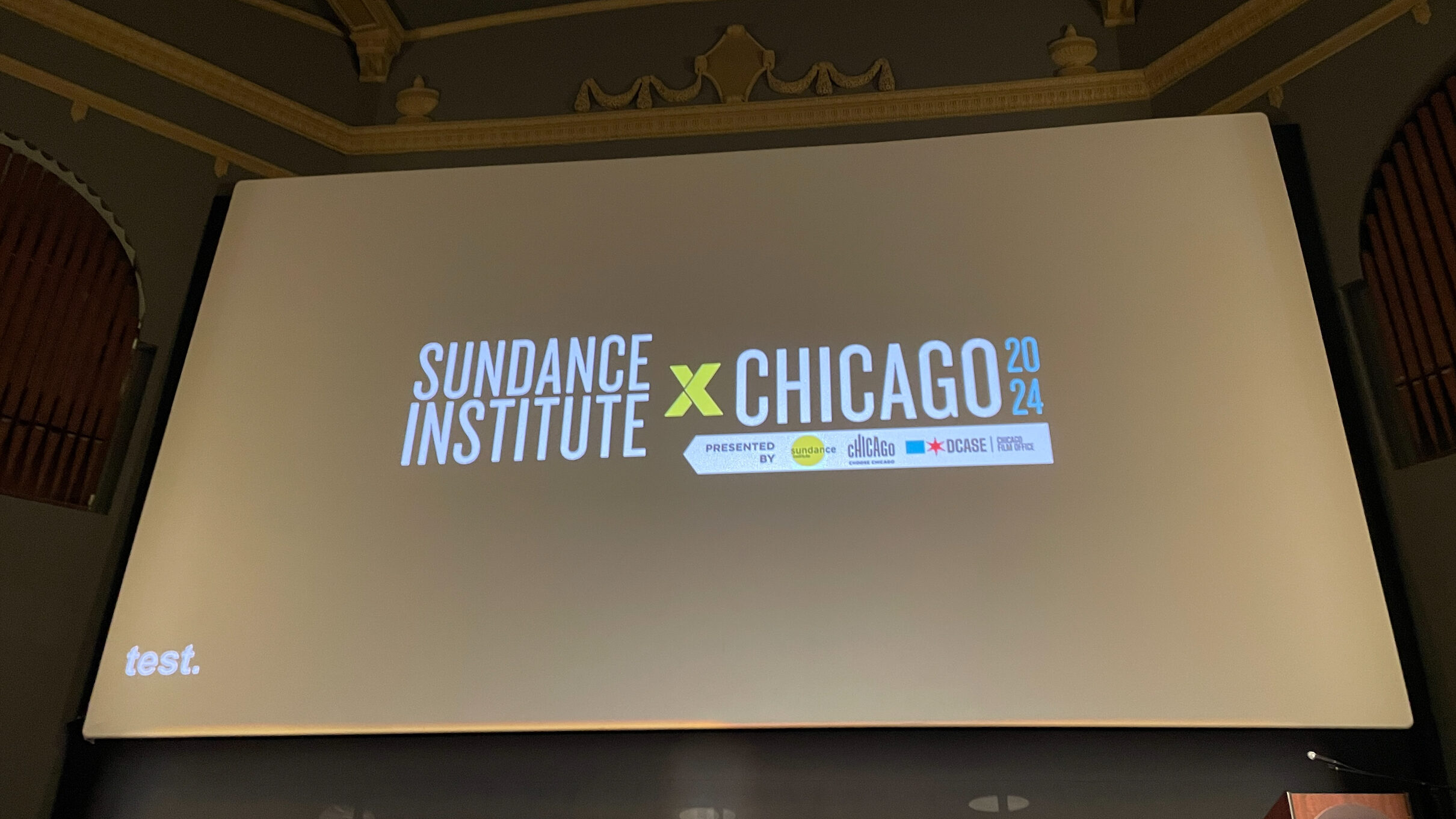“Gen V” spins off from “The Boys” with youthful volatility.
Content warning: Murder, suicide, depression, self-harm, eating disorders
Not quite generic, but a versatile frenzy is an apt descriptor for “Gen V.”
Developed by Craig Rosenberg, Evan Goldberg and Eric Kripke, “Gen V” follows a group of superpowered students investigating the sins of their campus.
A spin-off of Amazon’s “The Boys,” based on Garth Ennis and Darick Robertson’s crass comic, “Gen V” is a world of corporatized crime fighting. Set on a campus for superheroes known as Godolkin University, the school is controlled by media conglomerate Vought International.
Vought’s top product is the drug Compound V, which can give superpowers to different heroes. At God U, recipients prepare for the celebrity and heroism but when the school’s top student kills its top professor, the university’s agenda unravels.
“Gen V” kicks off when Luke Riordan — nicknamed Golden Boy for being flammable — burns head of faculty Richard Brinkenoff alive. With Brinkenoff (Clancy Brown) dead, Riordan (Patrick Schwarzenegger) uses his powers to self-implode, forcing an investigation into his motives and the school’s cover up.
“The Boys” took on the superhero genre with a satirical and class-conscious bite. “Gen V” continues this through its younger cast, as each hero’s power represents a trauma they’ve endured.
Jaz Sinclair as Marie Moreau is mired in self-doubt, mistakenly killing her parents when her blood-bending abilities manifest. Sinclair (“Chilling Adventures of Sabrina,” “Paper Towns”) portrays Marie with a desperation to be heroic, as she gradually gains confidence in her powers and self.
Marie’s abilities complement the visceral gore fluent in “The Boys” while doubling as a symbol for her mental state. To use her powers, Marie disturbingly cuts her hands, representing a form of self-harm. Representing her depression, her power shows Marie’s growth when finding a way to use them without injury.
Lizze Broadway as Emma Meyer undergoes similar catharsis with her distressing abilities. Known as Little Cricket for her ability to shrink, Broadway (“Ghosted,” “Here and Now”) contrasts a small stature with a buoyant disposition. Both the moral center and comic relief, Emma’s charisma carries heavy subject matter that would fall flat with a lesser performance.
Similar to Marie, Emma’s powers come at a callous cost. Her ability to grow or shrink shockingly depends on the amount of food she eats or purges. Having both an overbearing mother and suffocating media presence, Emma’s narrative comments on dysmorphic contributors.
Both Emma and Marie gain powers by acting destructively, but discern them in healthier ways by gaining self-confidence. The themes suffer for their crass portrayals, but behind each set piece is an authentic moment attempting awareness.
Most of the cast’s abilities are synonymous with their struggles, but the outlier is Jordan Li, a bi-gender superhero who can switch sex and powers at will. Jordan (London Thor and Derek Luh) journeys to accept others instead of themself, already valuing their dual identity.
God U’s residents are easily the most interesting aspects of “Gen V,” because the story itself falters on the cliché.
Behind God U’s front to commodify heroes into brand ambassadors is a mysterious program known as The Woods. The nefarious agenda runs underneath the university, experimenting on wayward youths with powers.
The Woods’ mystique doesn’t last. Far too much is shown early on and its incompetence is revealed through its inability to prevent escapes or stay secret.
The show has few interesting twists regarding its antagonist. “The Boys” is about humans fighting superheroes, but “Gen V” is about superheroes fighting humans — and they’re unfortunately not an engaging adversary.
The characters are captivating but their dialogue often isn’t. Motivations are said outright and repeated in shouting-matches without nuance. Relationships are likewise fast-tracked with little chemistry and over-exaggerated importance.
The quantity of cyclical conversations seems like “Gen V” is padding for time — a strange issue considering its plot-beats feel underdeveloped.
In the later half of the show, a group of supes attempt to wipe out humankind. All build-up focusing on media presence and graded heroism falls completely to the waysides. “The Boys” has built an allegory for racism over three seasons using superheroes, but it’s a rushed conclusion for the 8-episode “Gen V.”
On the whole, “Gen V” is a youthful satirization of corporatized fame. Its use of powers to express disorders are somewhat flippant but a largely sincere portrayal. The show’s finale falters in feeling more like a gateway to “The Boys” season 4 rather than its own season 2.
Ironically, “Gen V” is something “The Boys” has parodied most — a corporate product too concerned to extend a franchise.
“Gen V” is available now on Amazon Prime Video.
Featured image courtesy of Amazon Prime Video




